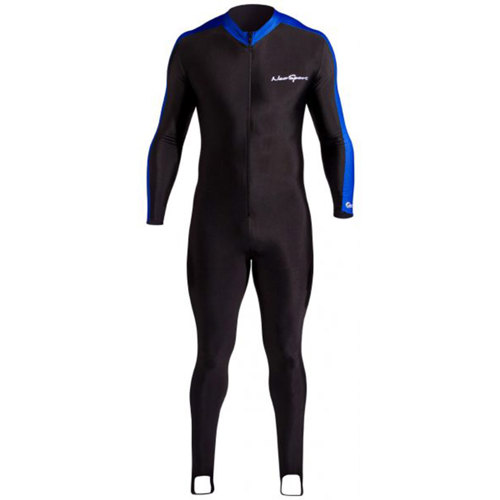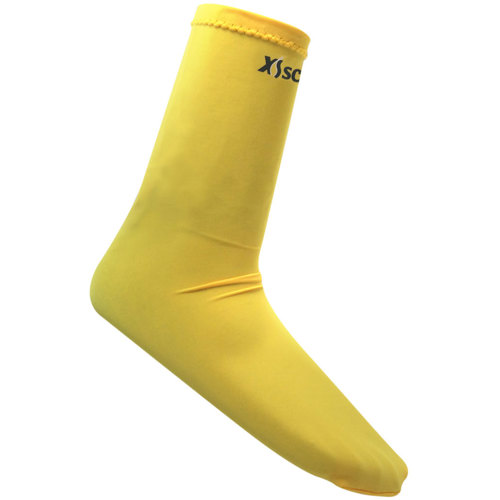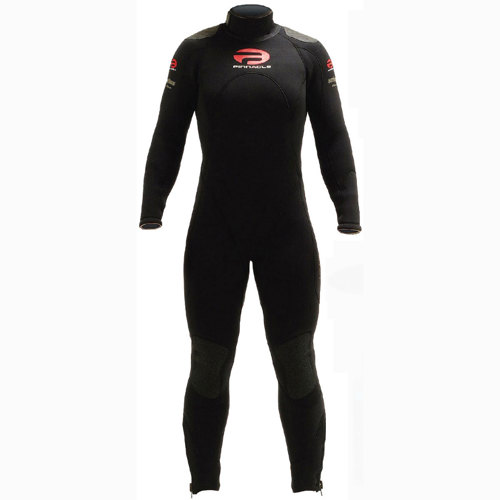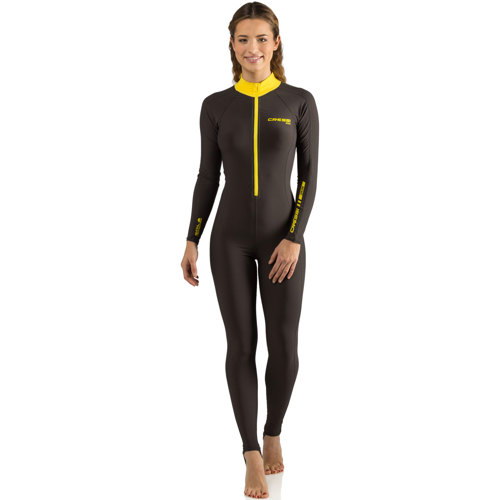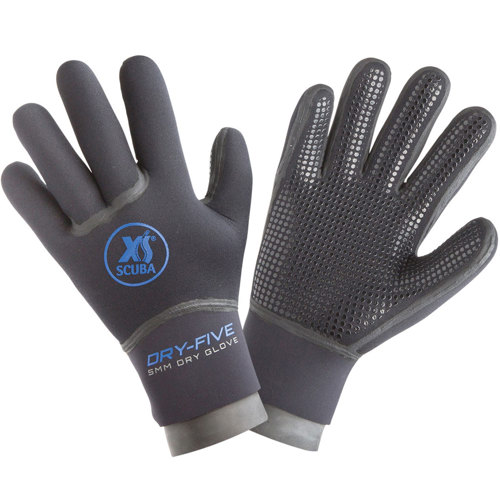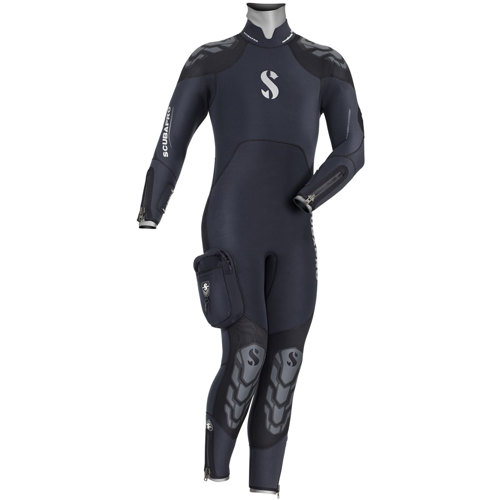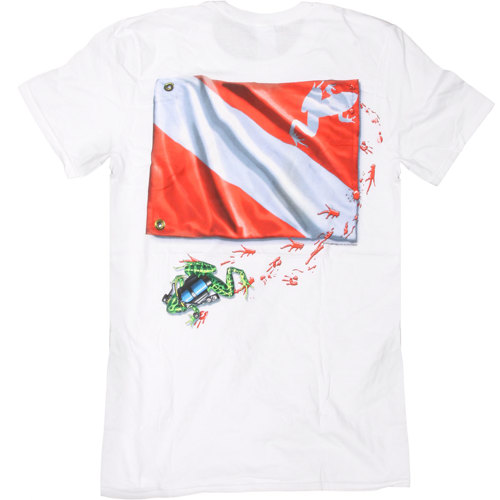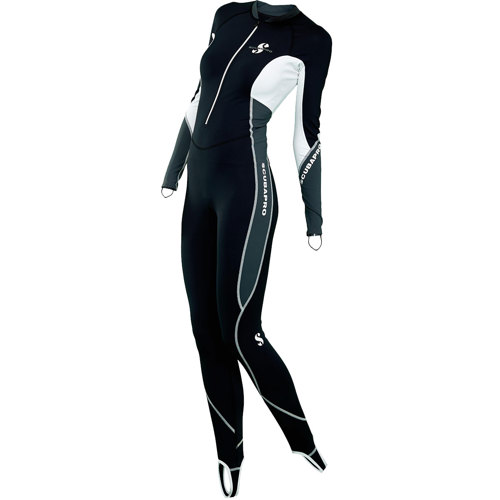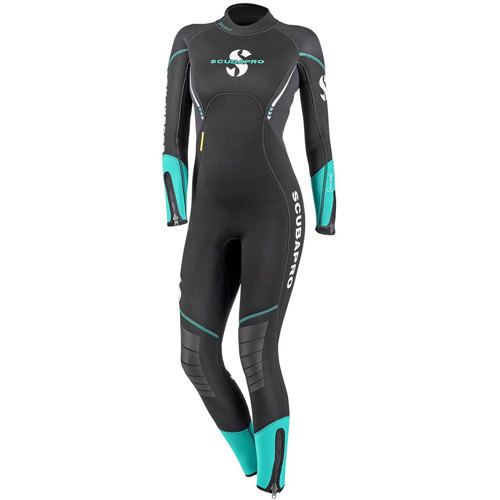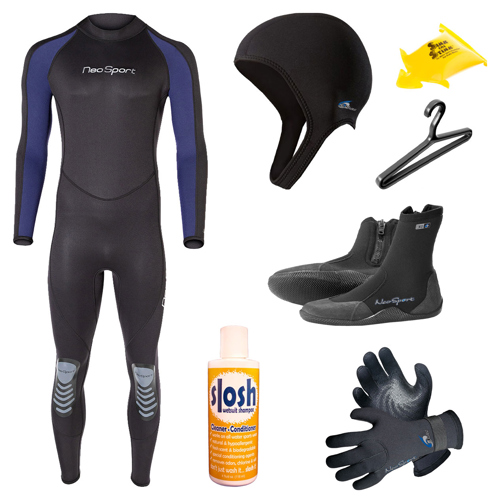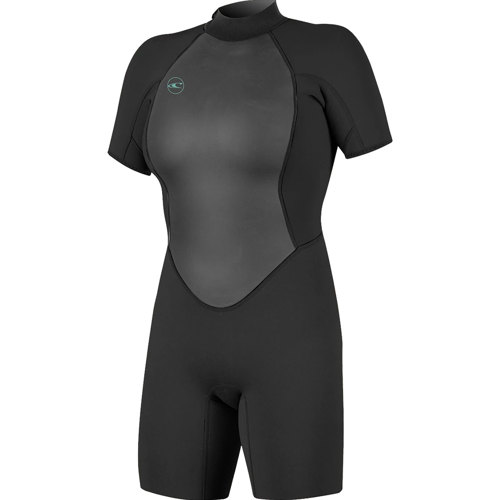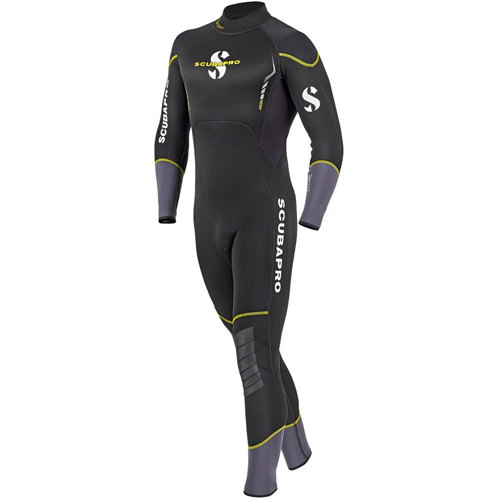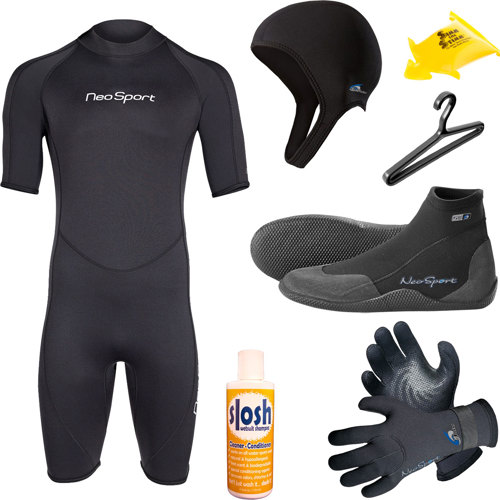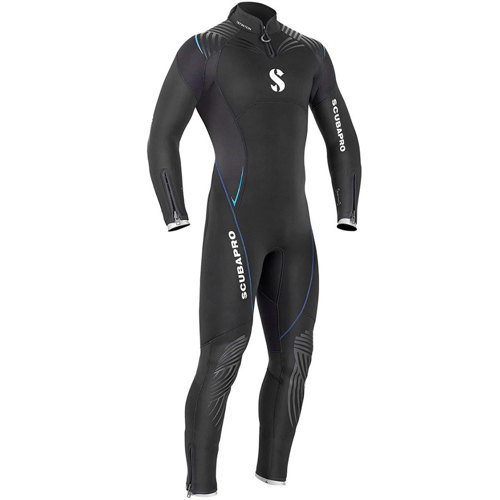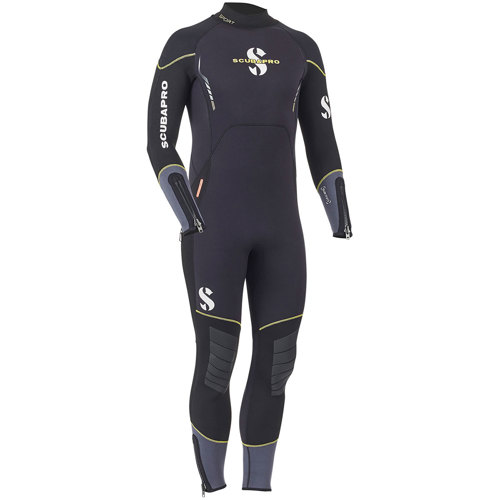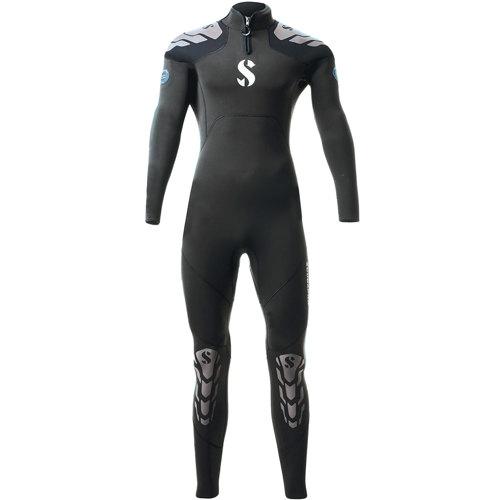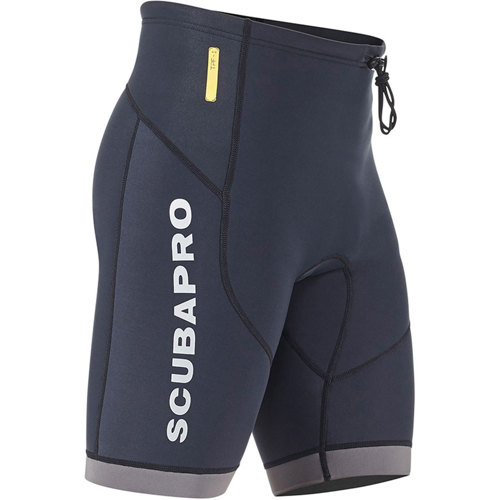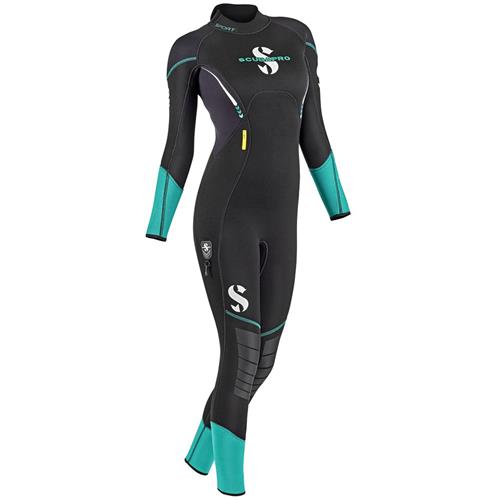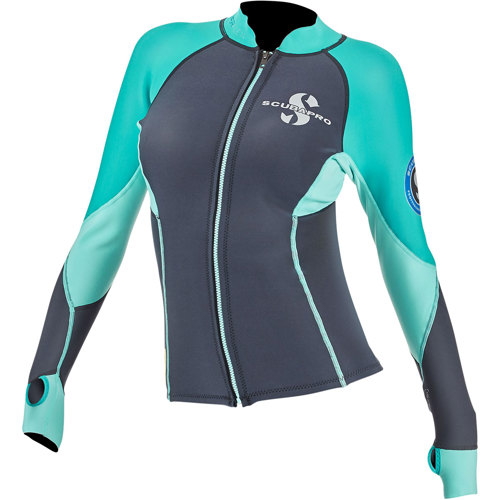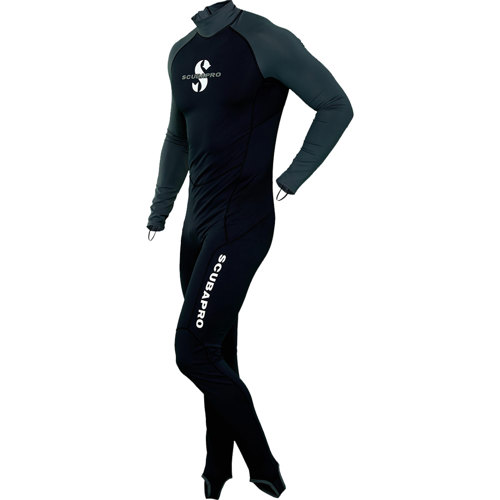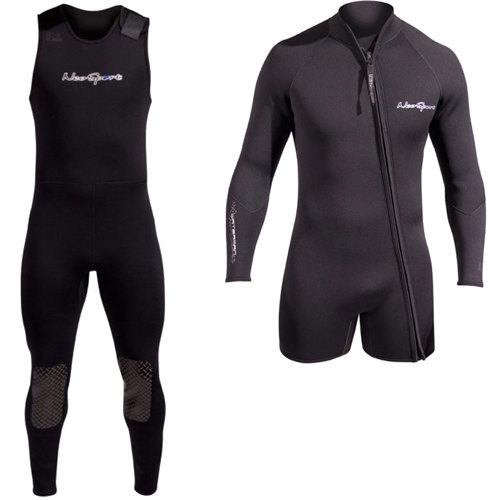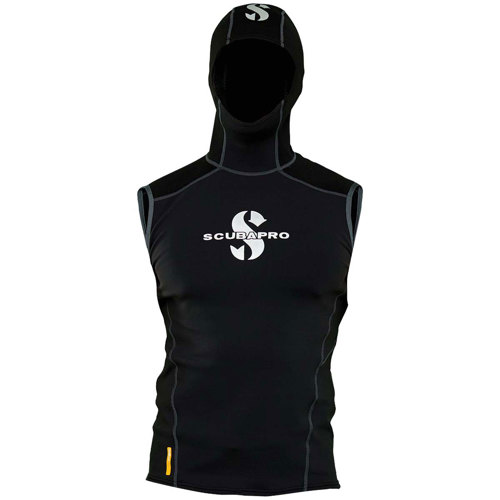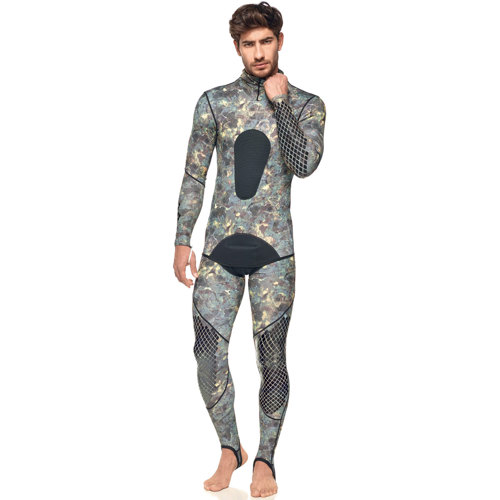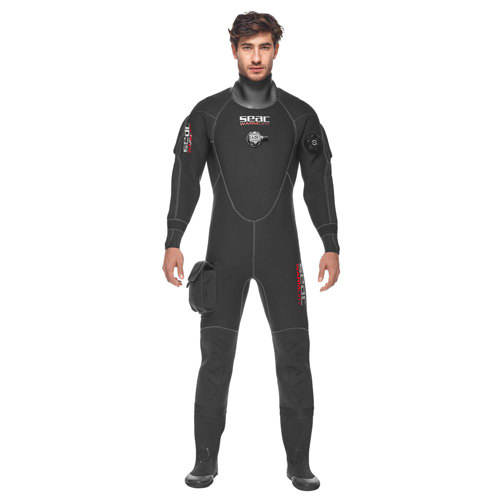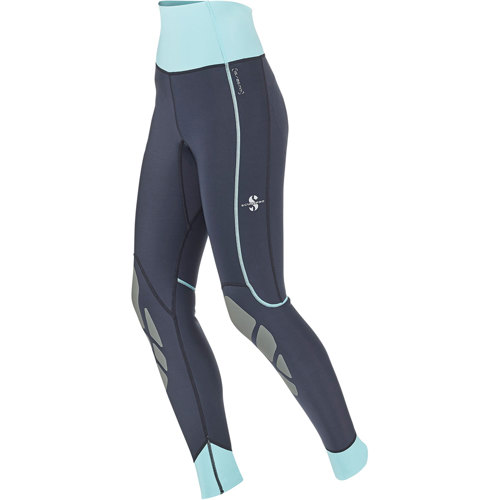Preparing for scuba classes is an exciting step into the underwater world, and choosing the right apparel is a crucial part of the journey. Whether you’re gearing up for your very first pool session or heading out for open water certification dives, the right clothing can make all the difference in your comfort, safety, and enjoyment. A well-fitting wetsuit or drysuit is the foundation of any diver’s wardrobe, providing vital thermal insulation and shielding your skin from abrasions, stings, and the occasional brush with coral or sea life. For warm summer months like July, many divers opt for lighter wetsuits or even dive skins and rash guards, which offer excellent protection from sun exposure and minor scrapes while allowing for greater freedom of movement in temperate waters. In cooler environments or for those who feel the chill easily, layering with moisture-wicking base layers under a thicker wetsuit or adding a hood can help maintain core warmth throughout extended training sessions. Dive boots are another essential, ensuring comfort and protection when walking on rough surfaces and providing a secure fit with open-heel fins. Gloves, too, play a key role—especially in colder water or when practicing skills that involve gripping equipment or lines—by safeguarding hands from cold temperatures and minor injuries.
For students, instructors, and even supportive friends or family members, investing in personal dive apparel is more than a practical decision—it’s a way to enhance the overall class experience. Owning your own gear ensures a consistent fit, which can be especially important during skill drills where concentration and mobility are key. It also means you’ll always have clean, well-maintained apparel tailored to your preferences, rather than relying on communal gear that may not suit your body type or comfort needs. For those looking for thoughtful gifts, apparel for scuba classes is a fantastic option—ideal for birthdays, graduations, or as a “good luck” gesture before a big certification. Imagine the encouragement a new diver feels slipping into their own wetsuit for the first time, or the confidence boost that comes from having a set of gloves or boots that fit just right. When selecting apparel, it’s wise to avoid loose-fitting items that could snag on equipment or restrict movement, as well as cotton garments, which tend to absorb water and become heavy and cold. Instead, look for materials designed specifically for aquatic environments—quick-drying, flexible, and durable enough to withstand repeated exposure to salt, chlorine, and sunlight. For a comprehensive overview of essential gear and apparel recommendations tailored to scuba classes, explore our curated list at
Scuba Classes Essentials.
Ultimately, the right apparel supports every diver’s journey from the classroom to the open ocean. Whether you’re a beginner refining buoyancy skills, an instructor leading students through their first underwater adventure, or a parent helping a teenager prepare for summer certification, thoughtfully chosen gear sets the stage for memorable and safe experiences. The tactile comfort of a snug wetsuit, the reassurance of sturdy dive boots, and the protection offered by gloves and hoods all contribute to building confidence and competence underwater. As the season unfolds and water temperatures invite more frequent dives, having reliable, personal apparel means you’re always ready for the next class or impromptu adventure. With each piece of equipment, you’re not just preparing for a lesson—you’re investing in future explorations and the lifelong enjoyment of the underwater world.
Top Picks For Apparel For Scuba Classes

